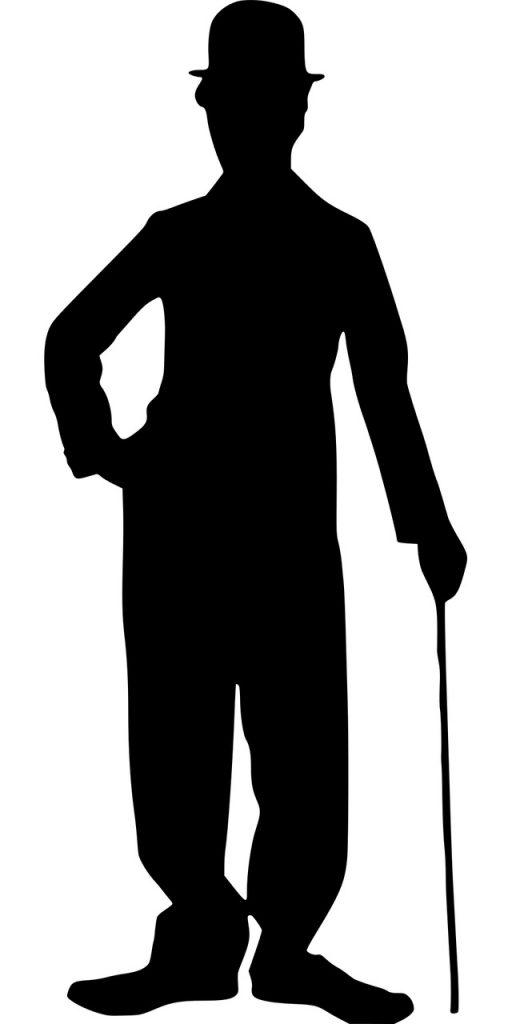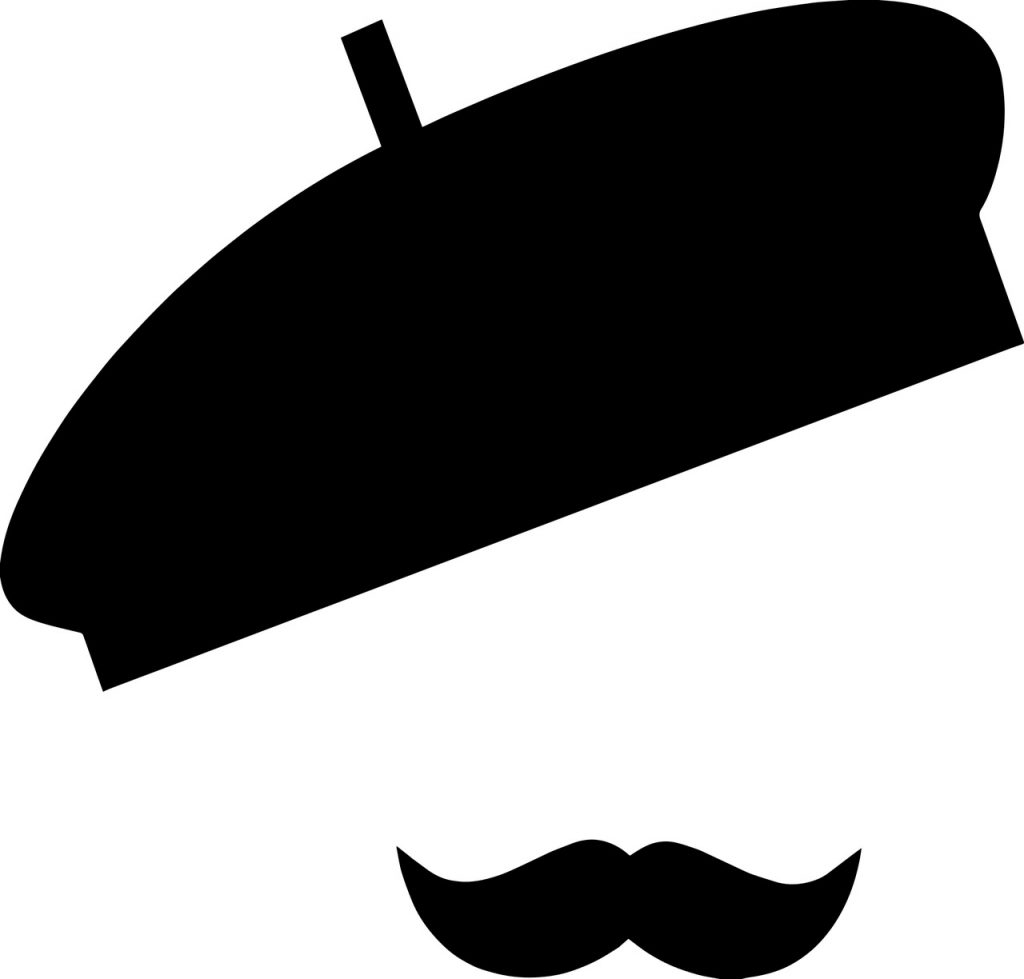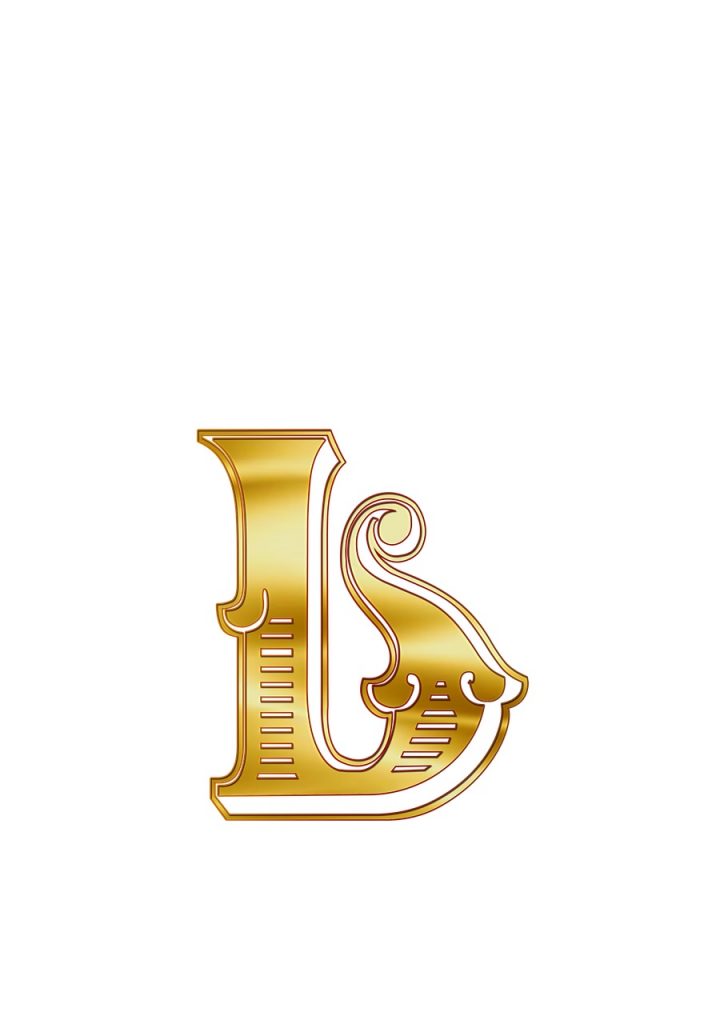Мягкий знак “Ь” (soft sign) or the Charlie Chaplin of the Russian alphabet Posted by bota on Jun 22, 2020 in Grammar, language, Russian for beginners
What can the 30th letter of the Russian alphabet have in common with the icon of the silent film industry? Let’s find out together.
Many beginner Russian learners find the soft sign (мя́гкий знак) to be one of the most intriguing letters of the Russian alphabet because it doesn’t have its own phonetic meaning but used to the soften the preceding consonant. Frankly, native Russian speakers are equally impressed with how much ruckus this “silent” letter can make. In this blog, I’ll focus on мя́гкий знак, when it is used, and, hopefully, prove its similarity to Чарли Чаплин (Charlie Chaplin) along the way.
Silence, please!
My first point is simple: мягкий знак is silent and so were Charlie Chaplin’s films. Nevertheless, both have made quite a bit of “noise” in their respective fields. Charlie Chaplin is the icon we think of when it comes to the silent film industry and мягкий знак steals the spotlight among other letters of the Russian alphabet due to when and how it is used. Let’s cover some basics here.
Мя́гкий знак (soft sign) can be inside or at the end of the word.
When inside the word мя́гкий знак is placed either in the root or before the suffix but never after the prefix of the word. Its role is to separate the consonant and the palatalized vowels (йоти́рованные гла́сные) such as Е, Ё, Ю, Я, И.
If you see these letters, go ahead, and insert the Ь right before them. For example:
Семья́ (family)
Вью́га (snowstorm)
Бурья́н (tall weeds)
Карье́ра (career)
Мя́гкий знак is also used to soften the consonants at the end of the word, e.g. конь (horse), шить (to sew), темь (darkness).
Generally, this rule does not apply when the word ends on consonants “ч” and “щ”, however there are a few exceptions to the rule.
It is ok to use “Ь” after ж, ч, ш, щ only if:
- In endings of single feminine nous in nominative and accusative cases such as рожь, ночь, мышь.
- In endings of single second-person present and future tense verbs after the letter ш: несёшь → несёшься, но́сишь → но́сишься, при́мешь → при́мешься
- At the end of single imperative verbs. Note that “ь” is preserved before -ся and -те suffixes: ешь → е́шьте; спрячь → спря́чься
- At the end of particles: вишь, лишь, ишь
- In adverbs that end on “ш” and “ч” such as прочь, на́стежь
Below are a few more instances of when to use мя́гкий знак Ь:
- before a hard consonant in words such as про́сьба (request), ме́ньше (less), ня́нька (babysitter).
- To soften the letter “л”, for example, па́льчик (finger), льстить (to compliment/to sweet-talk)
- In complex numbers formed from пять, шесть, семь, во́семь, де́вять (5,6,7,8,9) in which both parts of the number are conjugated, as in пятьдеся́т, шестьдеся́т, семьсо́т etc.
- In plural forms of Instrumental case (твори́тельный падеж), e.g. людьми́, детьми́
- In the indefinite form of the verbs before -ся (пить → напи́ться) and imperatives before -ся and -те (взвесь → взве́сься; взве́сьте).
Excuse my French
There are a number of foreign words that immigrated into the Russian language and gained the soft sign along the way. For example, a lot of foreign words have Ь after the letter “л” as in пальма (palm tree) or бульдог (bulldog). Other words enjoy having the soft sign written before the letter “o”, as in бульо́н (bullion), батальо́н (battalion), шампиньо́н (champignon), гильоти́на (guillotine).
It is argued that sprinkling in the soft sign into foreign words was part of the linguistic and cultural influence that the French language had on the Russian language in the eighteenth and nineteenth centuries. And French, indeed, does have the soft “л” sound.
In a similar fashion, Charlie Chaplin’s genius was heavily influenced by the French comedian Max Linder. In 1917, Chaplin even send the latter a signed photo that said, “To Max, the Professor, from his disciple, Charlie Chaplin.” (link) Et voilà!
Does size matter?
Lastly, there are no words in the Russian language that begin with “ь”, therefore leaving it to be forever non-capitalized or simply put — short. I know this one is a bit of a stretch, but Charlie Chaplin was only 5’5” and most of his movies were short films. Get it? Short films. Puns aside, I think we can agree both мягкий знак and Charlie Chaplin never cease to make our day (день).

Build vocabulary, practice pronunciation, and more with Transparent Language Online. Available anytime, anywhere, on any device.






